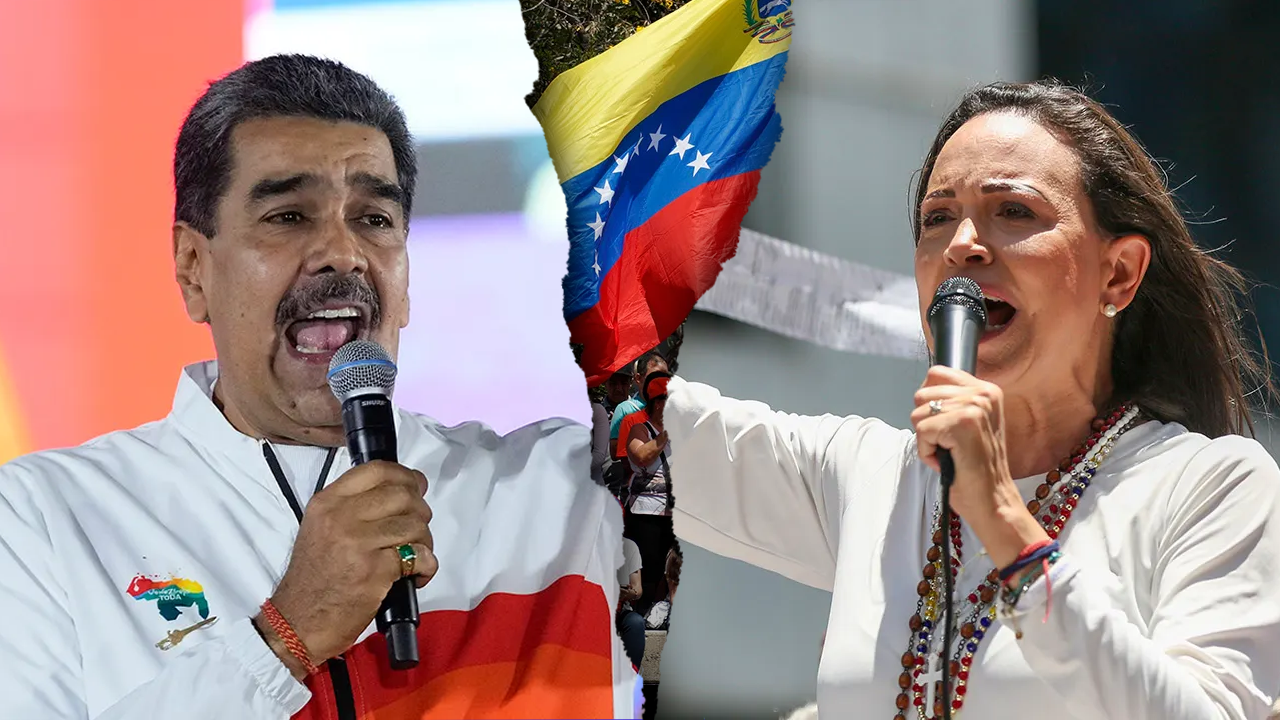The federal, state and local governments, last year, shared a total of N2.52 trillion as the Federal Accounts Allocation Committee (FAAC) foreign exchange (FX) rate gain.
The amount was part of a gross FX gain of N2.84 trillion recorded in the year.
The data is sourced from the FAAC report covering January to December 2023.
According to the reports, the federation received N2.836 trillion as FX gain and deducted N318.29 billion from the non-oil excess account for the period.
Of the N2.52 trillion, the federal government received N1.211 trillion, while the states shared N614.49 billion. The local governments received N473.92 billion.
States producing mineral resources such as oil received N217.38 billion as 13 per cent derivation fund during the period.
An in-depth analysis of the figures reveals that between January and April, FAAC allocation shared among the component units of the federation did not include any FX gain. However, from May to December, the federation recorded N2.84 trillion.
The highest gain from FX was recorded in May with around N639.39 billion accruing to the federation’s account.
The period of consistent FX gain nearly coincides with the time the Central Bank of Nigeria (CBN) unified the FX rates – a move analysts described as a partial float.
The FAAC report for the 12 months also contained FX differential/equalisation payments for February, April and July, which totalled N246.31 billion.
For February, the FX differential/equalisation stood at N120 billion while for April recorded N70 billion. In July, the payment stood at N56.31 billion.
Upon assumption in office in May, President Tinubu removed the subsidy on petrol, which gulped significant government revenues in the past. The CBN under the President’s tenure also announced the unification of the FX rates in June as part of the effort to stabilise the market.
The FX gain windfall of the government contrasts the balance sheets of the private sector operators, who recorded huge FX losses.
In the year, foreign-owned subsidiaries operating in the local stock exchange reported losses amounting to N900 billion following the sharp fall of the naira.
The companies cut across diverse industries and included MTN, Airtel, Unilever Nigeria, International Breweries, Nigerian Breweries and Cadbury Nigeria.





















Discussion about this post